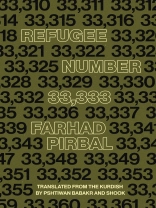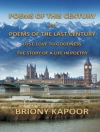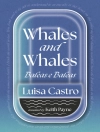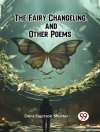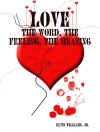A collection of poetry from acclaimed yet underrepresented Kurdish poet Farhad Pirbal.
Like that of his contemporary Abdulla Pashew, Farhad Pirbal’s poetry is a chronicle of exile and displacement, longing and not belonging. The poetry is in turns wistful and disoriented, reflecting his role as a dissident and persecuted prisoner. ‘Poète maudit’ of Kurdistan, Pirbal is known as well for his highly publicized antics as for his prolific literary output. Pirbal, born in 1961, “may be the greatest innovator of Kurdish literature in the twentieth century, in both poetry and prose” (Shook, Poetry Foundation).
关于作者
Farhad Pirbal (born 1961) is an iconic Kurdish writer, poet, painter, critic, singer, and scholar, who has lived in Kurdistan, Iraq, Iran, Syria, Germany, Denmark, and France, where he obtained his Ph.D. in History of Contemporary Kurdish Literature at the Sorbonne. Publishing since 1979, Pirbal has authored more than seventy books of writing and translation and serves as one of Kurdistan’s farthest-reaching voices. In 1994, he founded the Sharafkhan Bidlisi Cultural Center in Hawler. In 2024, marking his English-language debut, Deep Vellum will publish his collected poems, Refugee Number 33, 333, and his debut short story collection, The Potato Eaters.
Pshtiwan Babakr is a filmmaker, curator, and translator who has served as the archivist for visual arts at Kashkul, the center for arts and culture at the American University of Iraq, Sulaimani, and has directed and produced several documentaries, including Red Land and Not for Sale. His translations can be found in World Literature Today, On the Seawall, Loch Raven Review, and Dispatches from the Poetry Wars.
Shook is a poet and translator. Since living in Slemani for two years, they have co-translated over a dozen Kurdish writers into English and Spanish. Today they direct Kashkul Books, a multilingual publishing project based in South Kurdistan. Their recent translations include a Spanish-language edition of Refugee Number 33, 333 (Gato Negro Ediciones, co-translated by Jiyar Homer) and Conceição Lima’s No Gods Live Here (Phoneme).
